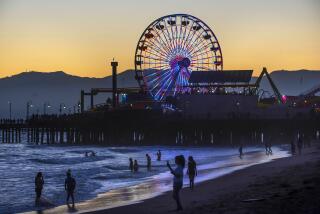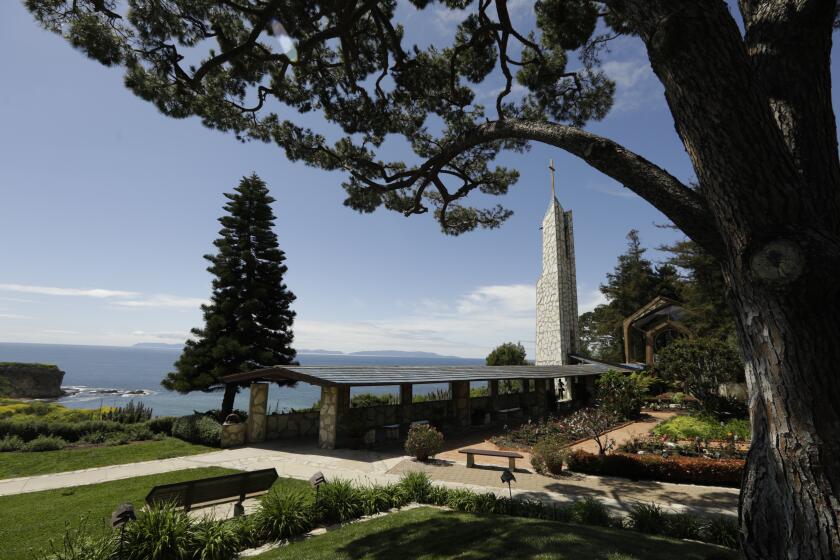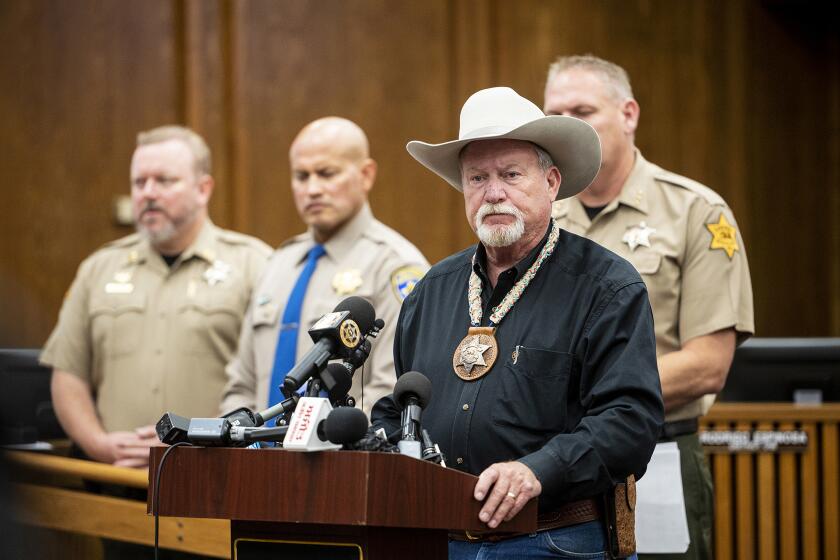Still the shining city on a hill
Nara, Japan — THE E-MAILS keep streaming in, here in my little apartment in Japan, from friends in California and places farther east. The world is unraveling daily, they say; we’re going through a period of darkness unprecedented in our history. The war against terrorism is a war without end, in effect; the strikes of 9/11 have put us all on edge, even on trial, for life.
I read the messages — kids walking in the sunshine to their schools outside my window — and wonder what planet I’ve landed on. The cries I hear in my friends’ voices are those of conscience, and there’s something stirring in their concern about America’s war-mongering and injustices.
And yet, I feel like saying, America — though still the strongest power in the world — is by no means the largest or even the central one. One in every three people on our planet lives in China or India, and for those worthy souls, the new century is a time of possibilities unimagined before. There is corruption and oppression and pollution all over China; India is still a byword for suffering and poverty; and yet, for well over 2 billion of our neighbors in the global village, history is moving in a positive direction right now.
In Japan, where I live, people are beginning to look up at last after a decade of recession. In Berlin, where I spent some of the summer, the wounds of the recent past seem so unthreatening that they have been turned into architectural wonders. In Bolivia, where I often find myself, people are exulting in the fact that for the first time in their history, they have a leader who looks and sounds quite a bit like themselves. Growing up near London, I could never have dreamed that the dreary, colorless, greasy home of fish and chips would, in just a generation, become one of the hottest — youngest, freshest, most stylish and international — cities on the planet.
I know, of course, that in Kashmir, in the Middle East, and especially in Iraq and Afghanistan, there is war; the sadder truth is that there has been war in all of these places for a long, long time. I know that more than a billion of our neighbors are without enough food or water or shelter, and that it is our responsibility in a planetary community to think of them and care for them. Traveling around Sri Lanka this summer, suicide bombers doing their work all around me, I found myself not only in an all-too-typical modern cycle of vengeance without end, I was also in a model, on the physically paradisal island, of so many places on the planet where two groups feel they cannot share the same space, and the intolerance of a few makes for the daily tragedy of the many.
Yet almost everywhere I have been these last 12 months, people are still looking to America for its unique and longtime industry: hopefulness. America on the screen and in their minds continues to mean, among all the difficult and belligerent things it now means, the capital of possibility. Immigrants write back to relatives around the world to say that their new home is not the land they dreamed of, but it is a place where a new life is possible and futures can be generated.
The U.S. government and its cultural exports may never have been so unpopular; the American spirit of possibility may never have been so prevalent.
The world finds itself, therefore, in one of the strangest of situations. Even as more and more places are partaking of an optimism that might traditionally have been called all-American (having to do with the chance for a better life and new freedoms), America itself is busy indulging itself in the gloominess of the Old World. And even as a little light is appearing for peasants and the smart but unemployed in the world’s largest countries, those whose lives they aspire to are speaking of the Dark Ages.
We live now in a global, not an American, century. And in such circumstances, it can be a little odd to focus entirely on our own small fears when the majority of our neighbors — in Bangalore and Shanghai and Berlin and even South Africa — are laying claim to opportunities they could not have enjoyed even a few years ago.
The war in Iraq, the loss of faith in our leaders and institutions, the ever more violent polarization between blue states and red — these are all real reasons to mourn. But they are no reason for ignoring or writing off more than half the people in the world, for whom the new year could be, in fact, very possibly a happy one.
More to Read
Start your day right
Sign up for Essential California for news, features and recommendations from the L.A. Times and beyond in your inbox six days a week.
You may occasionally receive promotional content from the Los Angeles Times.






